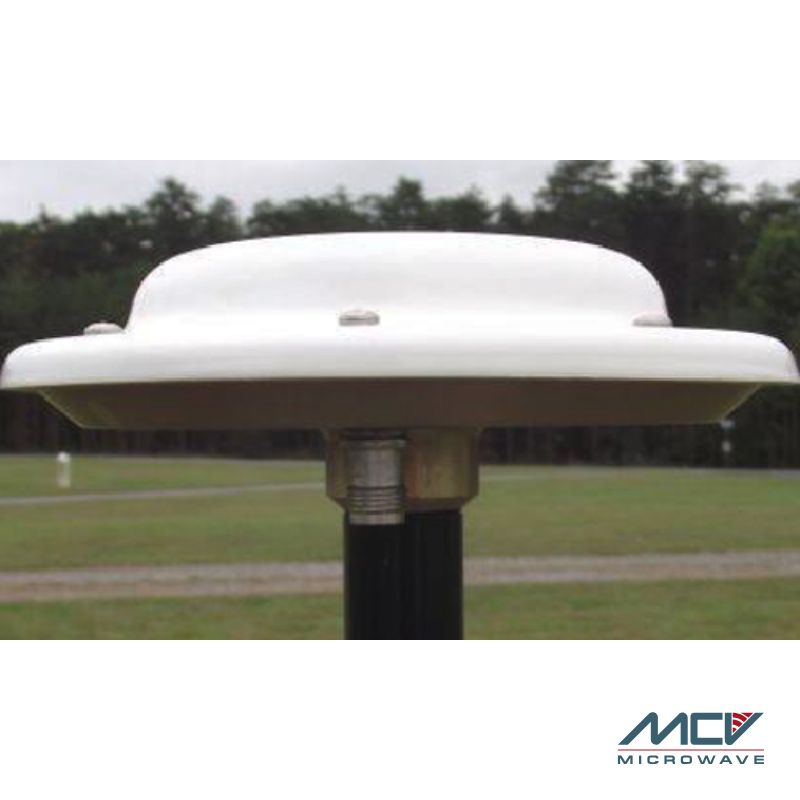GNSS Antenna
Designed to receive signals from global navigation satellite systems (GNSS), GNSS antennas are critical for accurate positioning, navigation, and timing applications. These antennas capture signals from multiple satellite constellations—such as GPS, GLONASS, Galileo, and BeiDou—to ensure robust and precise location data even in challenging environments.
GNSS Antennas by MCV
MCV GNSS antennas offer high sensitivity, low noise, and excellent multipath rejection across all major GNSS frequency bands. Engineered for reliability and precision, our antennas are available in compact, ruggedized packages suitable for integration into a wide range of platforms, including UAVs, military systems, autonomous vehicles, surveying equipment, and IoT devices. Whether for land, sea, or air applications, MCV GNSS antennas deliver consistent, dependable performance where accurate timing and location are critical.

FAQ about GNSS antennas
What is a GNSS antenna and what does it do?
A GNSS (Global Navigation Satellite System) antenna is a specialized device that receives signals from satellites in systems like GPS, GLONASS, Galileo, and BeiDou. It enables accurate positioning, navigation, and timing in a variety of applications.
What factors affect GNSS antenna performance?
Performance can be affected by antenna gain, noise figure, multipath rejection, satellite visibility, and environmental conditions like interference or obstructions (e.g., buildings or foliage).
What's the difference between a single-band and multi-band GNSS antenna?
Single-band GNSS antennas receive signals on one frequency (e.g., L1), while multi-band antennas can receive multiple frequencies (e.g., L1, L2, L5), providing improved accuracy, faster satellite lock, and better resilience to interference.
Where are GNSS antennas commonly used?
They are used in UAVs, autonomous vehicles, surveying equipment, mobile devices, precision agriculture, military systems, and timing synchronization in networks.
How do I choose the right GNSS antenna for my application?
Consider factors like frequency bands required, gain, size, mounting method, environmental conditions, and whether the application is stationary or in motion.
How can I order GNSS antenna from MCV Microwave?
To place an order for GNSS antenna please contact us and we will help you!